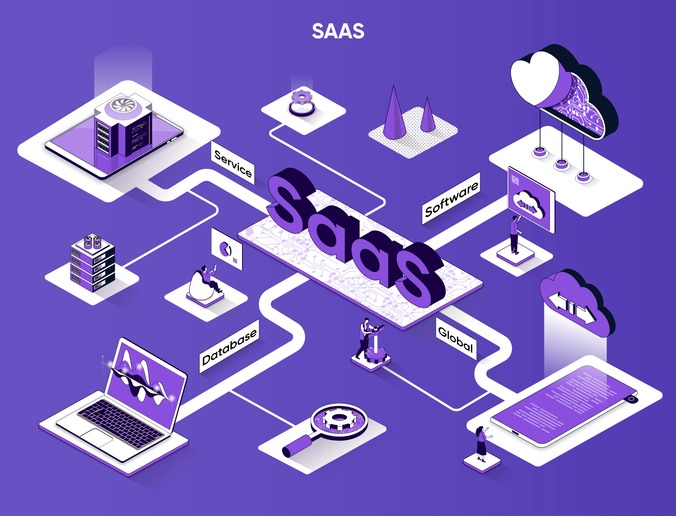SaaS Contracts: The Basics
May 2, 2025
Randy S. Kramer


SaaS Contracts: The Basics
Computer software is crucial for nearly all organizations. Companies and various entities utilize it to develop products, deliver services, oversee internal operations, manage relationships, and handle and store regulated and sensitive data. Virtually every organization acquires and utilizes different types of software and related services from multiple vendors or service providers.
There are two main models for obtaining and using computer software:
►Traditional Installed Software: In this model, customers utilize software installed and maintained on their own infrastructure or that of their service providers.
►Software-as-a-Service (SaaS): The Saas model enables customers to access remotely software which a service provider maintains on their infrastructure.
Each of these models has unique characteristics that influence the rights and duties of both the customer and the software vendor or service provider. As a result, the content of the contracts pertaining to each model differs significantly. The contract for traditional installed software is typically known as a “software license agreement". In contrast, the SaaS model contract is referred to as a “software-as-a-service subscription agreement” or "cloud service subscription agreement."
SaaS agreements can vary in form and be implemented in several ways. Affordable and straightforward SaaS options are often governed by standard agreements that customers must accept prior to or during the service registration process. Conversely, expensive and complex SaaS implementations are usually governed by a negotiated agreement between the service provider and the customer.
SaaS is a form of outsourcing that necessitates compliance with legal and regulatory requirements. This includes general laws, laws specific to the sector, legal duties, and contractual obligations. This can expose the customer to substantial legal liabilities and business risks, which should be addressed in the relevant SaaS agreement. Therefore, a prudent customer, guided by legal counsel, should thoroughly review each SaaS agreement and propose necessary revisions to ensure that the agreement is both reasonable and appropriate in the given circumstances.
International Business Law Firm
Providing international business law services respecting the law of the US, Canada, and the UK
Serving growth companies, startups, and investors
TO CONTACT US:
E: info@kramerintlaw.com
T (US): + 1.347.588.4060, Ext. 1010
© 2025 Kramer International Law
All rights reserved.


T (Can): + 1.514.470.0717, Ext. 1010
